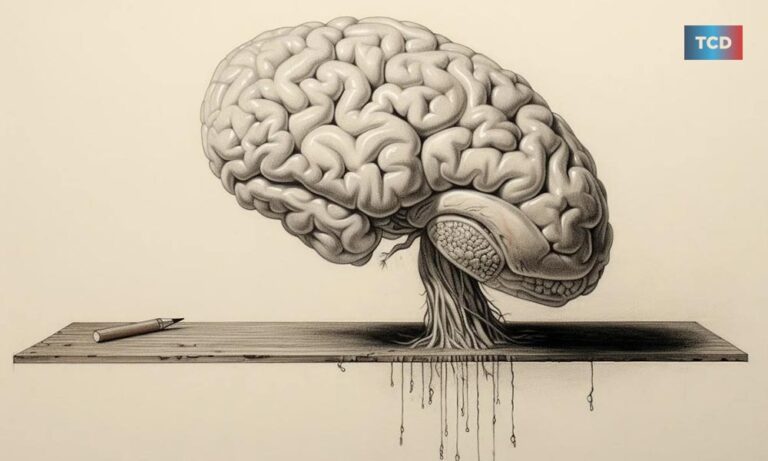Synopsis-
“A recent study published in the journal Nature Medicine has revealed the first evidence of medically acquired Alzheimer disease in living individuals.”
Five adults experiencing early-onset dementia may have received a now-discontinued human growth hormone treatment in childhood, according to a recent study.
A recent study published in the journal Nature Medicine has revealed the first evidence of medically acquired disease in living individuals. The study suggests that in some cases, the early-onset symptoms of dementia may be caused by the transmission of a protein called amyloid beta, which is a primary component of Alzheimer disease when it creates plaques in the brain.
New Study Suggests Amyloid Beta in Early Dementia
The buildup of the protein amyloid beta in the brain is linked to Alzheimer disease. A new study suggests that contamination of amyloid beta may be connected to early dementia symptoms in patients. However, the findings do not imply that Alzheimer disease can spread like viral or bacterial infections. Still, the study raises new questions about degenerative diseases.
During their childhood, all five adults suffered from growth hormone deficiency. To treat the condition, they received pituitary growth hormones which were extracted from cadavers in a specific manner. The pituitary gland, situated at the base of the brain, naturally produces and releases human growth hormone (HGH) that aids in promoting growth in children.
According to a recent study, individuals who have been treated with cadaver-derived HGH contaminated with prions associated with Creutzfeldt–Jakob disease and amyloid beta seeds over several years may be at risk of developing Alzheimer disease.
Also Read: U.S. may see increase in car sales in 2024
Between 1959 and 1985, at least 1,848 people in the United Kingdom were treated with a human growth hormone harvested from a cadaver’s pituitary gland. This treatment was also used in other parts of the world, including the United States. However, the approach was discontinued after contaminated human growth hormone from cadavers was found to be associated with cases of a rare brain disorder called Creutzfeldt-Jakob disease.






